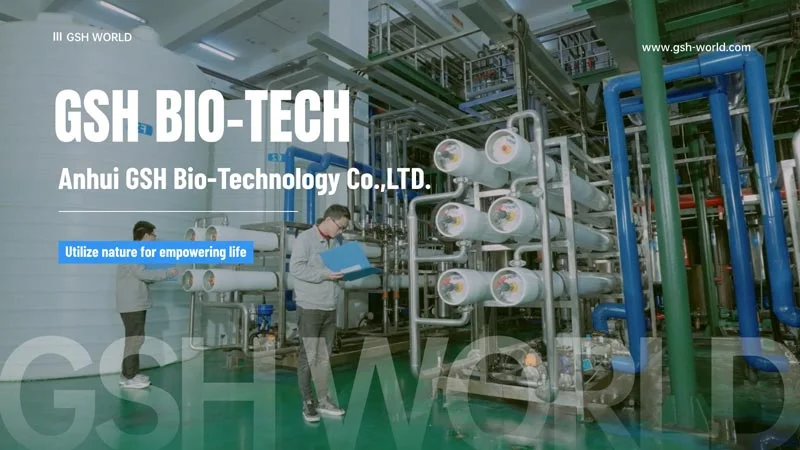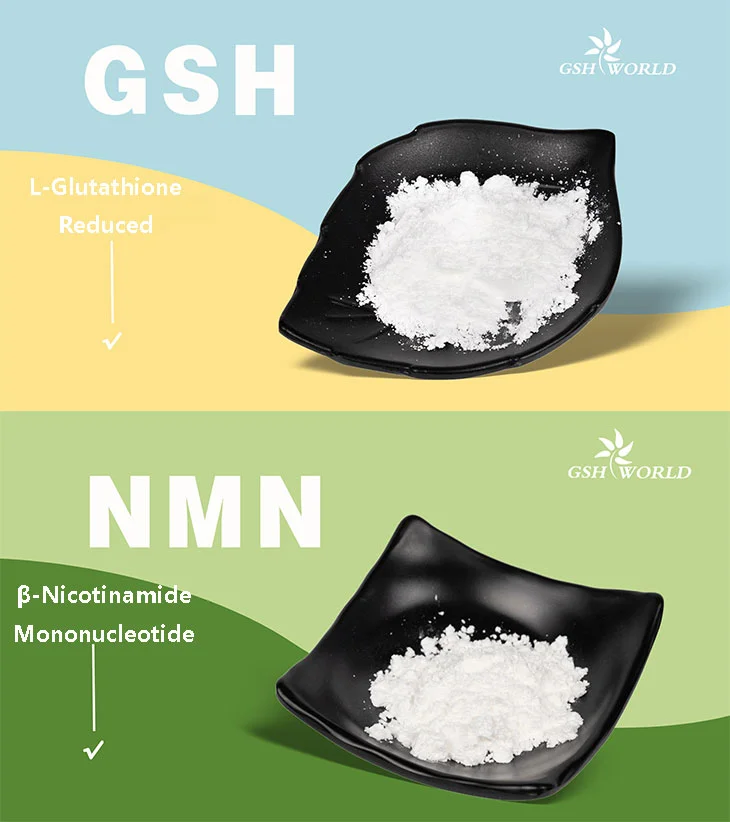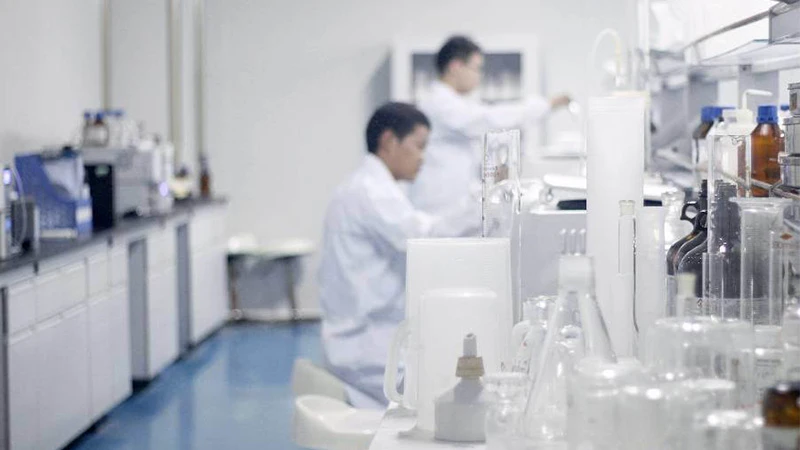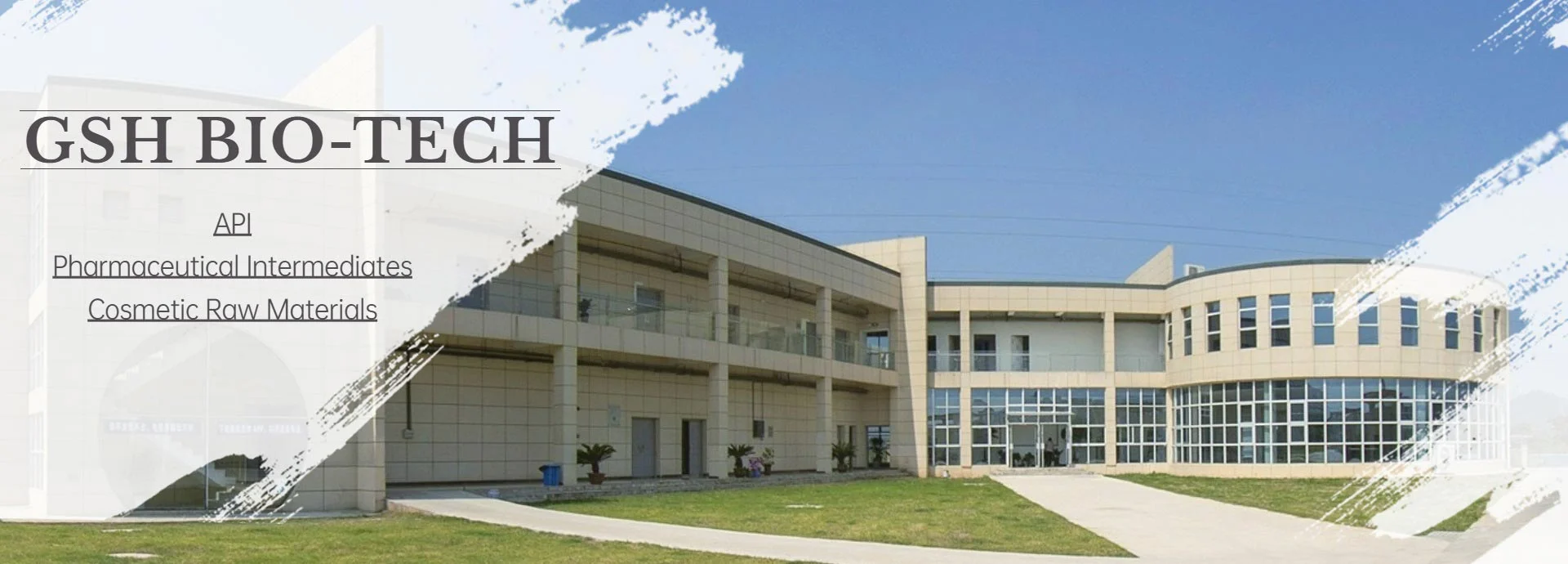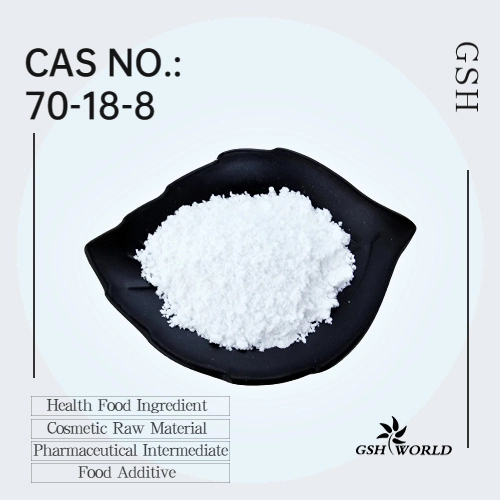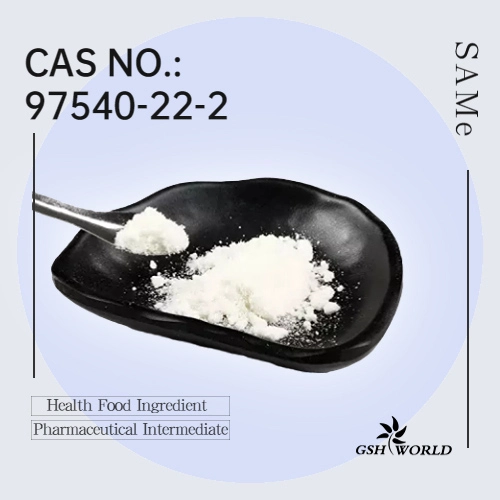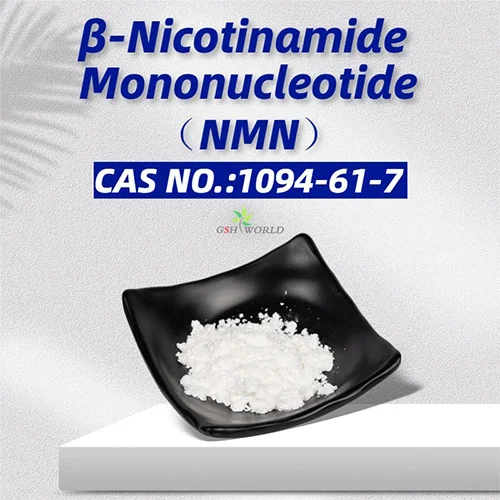What effect does glutathione supplementation have on non-alcoholic fatty liver disease?
As a common chronic liver disease worldwide, the incidence of non-alcoholic fatty liver disease (NAFLD) continues to rise, posing a serious threat to the health of patients. With the in-depth study of the pathogenesis of NAFLD, oxidative stress has been confirmed to be one of the key factors driving its progression. As an important endogenous antioxidant, glutathione has gradually attracted attention for its potential value in the treatment of NAFLD, and the use of glutathione supplements has also become an important research direction for improving liver function in patients with NAFLD.
Glutathione's powerful antioxidant capacity
Glutathione (GSH) is a tripeptide composed of glutamic acid, cysteine and glycine. It is widely present in human cells and has strong antioxidant capacity. It can directly scavenge free radicals, reduce the damage of oxidative stress to cells, and maintain the redox balance in cells. Under normal physiological conditions, GSH protects cells from oxidative stress and maintains normal cell function by participating in a variety of biochemical reactions. However, in NAFLD patients, due to factors such as liver fat accumulation and insulin resistance, the level of oxidative stress is significantly increased, and the consumption of GSH is increased, which makes liver cells under the attack of oxidative stress, thereby causing a series of pathological changes such as liver cell damage, inflammatory response and liver fibrosis.
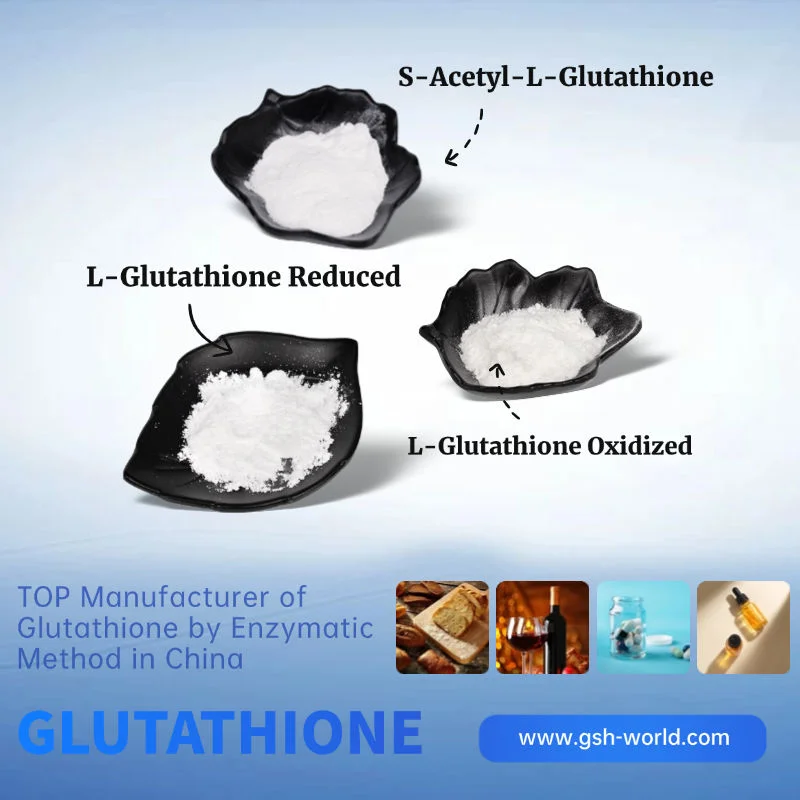
Glutathione supplementation may be a potential treatment approach
Supplementing with glutathione provides a potential therapeutic approach for patients with NAFLD. Studies have shown that exogenous supplementation of GSH can effectively increase the GSH levels in patients' bodies, enhance the body's antioxidant capacity, and thereby reduce the damage to the liver caused by oxidative stress. In a study conducted on NAFLD patients, after supplementation with glutathione, the levels of the oxidative stress marker 8-hydroxy-2'-deoxyguanosine (8-OHdG) in the subjects' bodies were reduced, which confirmed the positive role of glutathione supplements in reducing oxidative stress.
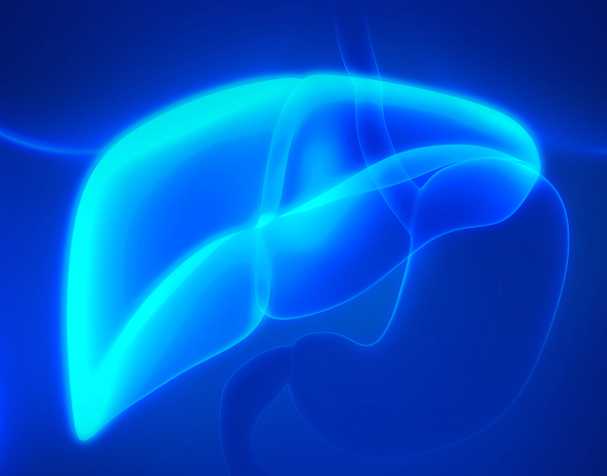
Mechanism of action of glutathione supplements
The mechanism of action of glutathione supplements is mainly reflected in the following aspects. First, it can directly neutralize free radicals, reduce the oxidative damage of free radicals to liver cell membranes, proteins and DNA, and protect the integrity and function of liver cells. Secondly, glutathione supplements can regulate the redox state in cells and promote the activity of intracellular antioxidant enzymes, such as superoxide dismutase (SOD) and catalase (CAT), further enhancing the antioxidant defense capacity of cells. In addition, glutathione is also involved in the detoxification process of the liver, helping to remove harmful substances in the body and reduce the burden on the liver, thereby creating favorable conditions for the recovery of liver function.
Although glutathione supplementation has shown positive effects in improving liver function in patients with NAFLD, NAFLD is a complex disease with multiple factors involved in its pathogenesis. It may be difficult to completely solve all problems by relying solely on glutathione supplementation. Therefore, in future clinical practice, glutathione supplementation may need to be combined with other treatments, such as lifestyle intervention and drug therapy, to achieve better therapeutic effects.
References:
Nguyen M T, Lian A, Guilford F T, et al. A Literature Review of Glutathione Therapy in Ameliorating Hepatic Dysfunction in Non-Alcoholic Fatty Liver Disease[J]. Biomedicines, 2025, 13(3): 644.
*Special note - This article is for informational purposes only and cannot replace a doctor's treatment diagnosis and advice. It should not be regarded as a recommendation or proof of efficacy of the medical products involved. If it involves disease diagnosis, treatment, and rehabilitation, please be sure to go to a professional medical institution to seek professional advice.
by GSHWORLD
GSHWORLD is China Biological API Manufacturer. China Glutathione Supplements powder suppliers & best Glutathione benefits raw material Factory.

